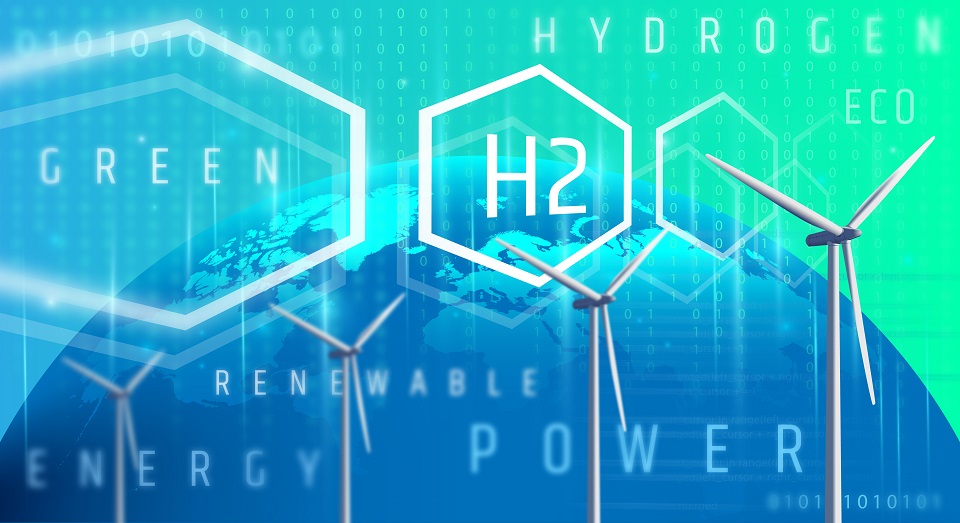The Hydrogen Development and Knowledge Exchange (HyDEX) programme brings together the university partners in the Energy Research Accelerator (ERA), with multinational businesses, SMEs and other partners, in order to accelerate innovation in hydrogen, build markets and the supply chain, and support the skills needed for the emerging hydrogen economy.
The aim of HyDEX is to address the challenge of building a thriving new business, industrial and manufacturing sector in hydrogen, where very little currently exists. The programme will allow businesses to accelerate the development and viability of new hydrogen products and associated intellectual property, while supporting the transition from declining industrial sectors and enabling the training and re-skilling required.
The £4.99m three-year programme is being funded via the Research England Development (RED) Fund scheme, which is part of UK Research and Innovation (UKRI). It will see the ERA university partners making available their £111m worth of hydrogen facilities, large scale demonstration programmes, and research capabilities to businesses.
This will be supported by the expertise of leading industrial partners in transport, heating and manufacturing technologies, who are also involved in HyDEX. These include Worcester-Bosch and Cadent (hydrogen boilers and gas networks); Intelligent Energy (fuel cells); Toyota (hydrogen vehicles); FAUN Zoeller (heavy vehicles); Cenex, ENGIE (Hydrogen Networks); Progressive Energy, ITM Motive (hydrogen generation and transport respectively); Siemens and ENGIE (hydrogen production and storage).
Loughborough’s involvement in the HyDEX programme is being led by Professor Upul Wijayantha from the Department of Chemistry. Professor Wijayantha is also leading the overall Demonstrator Programme for HyDEX.
Speaking about the project, he said: “This is an exciting opportunity for Loughborough University, ERA partners and the Midlands region, as it will put us in a globally leading position in hydrogen technology innovation. The HyDEX programme is a perfect opportunity to achieve some important objectives that we identified last year when we worked with the Midlands Engine to formulate the 10 points Green Growth Plan for Midlands region.”
Loughborough’s Dr Kathryn North, who leads the Skills programme within the project, added: “HyDEX will work closely with industry and university partners to provide skills training and development opportunities for researchers and industry colleagues. This is a really important aspect to develop alongside the industrial links and technologies and provides strong alignment with the existing ERA Skills programme and the Centre for Postdoctoral Development in Infrastructure Cities and Energy, both also led by Loughborough University.”
The other universities involved in the programme are Keele (project lead), Aston, Birmingham, Cranfield, Nottingham and Warwick.
Civic partners such as the Midlands Engine, LEPs, local government and local authorities, will also add their weight to support the creation of a market for low-carbon hydrogen solutions as part of the net-zero transition.
There is also an international dimension to HyDEX, which will facilitate links with growing international markets in countries such as China, Australia and South Korea, where ERA partners have strong connections, in order to build commercial opportunities that reach beyond the Midlands and the UK.
